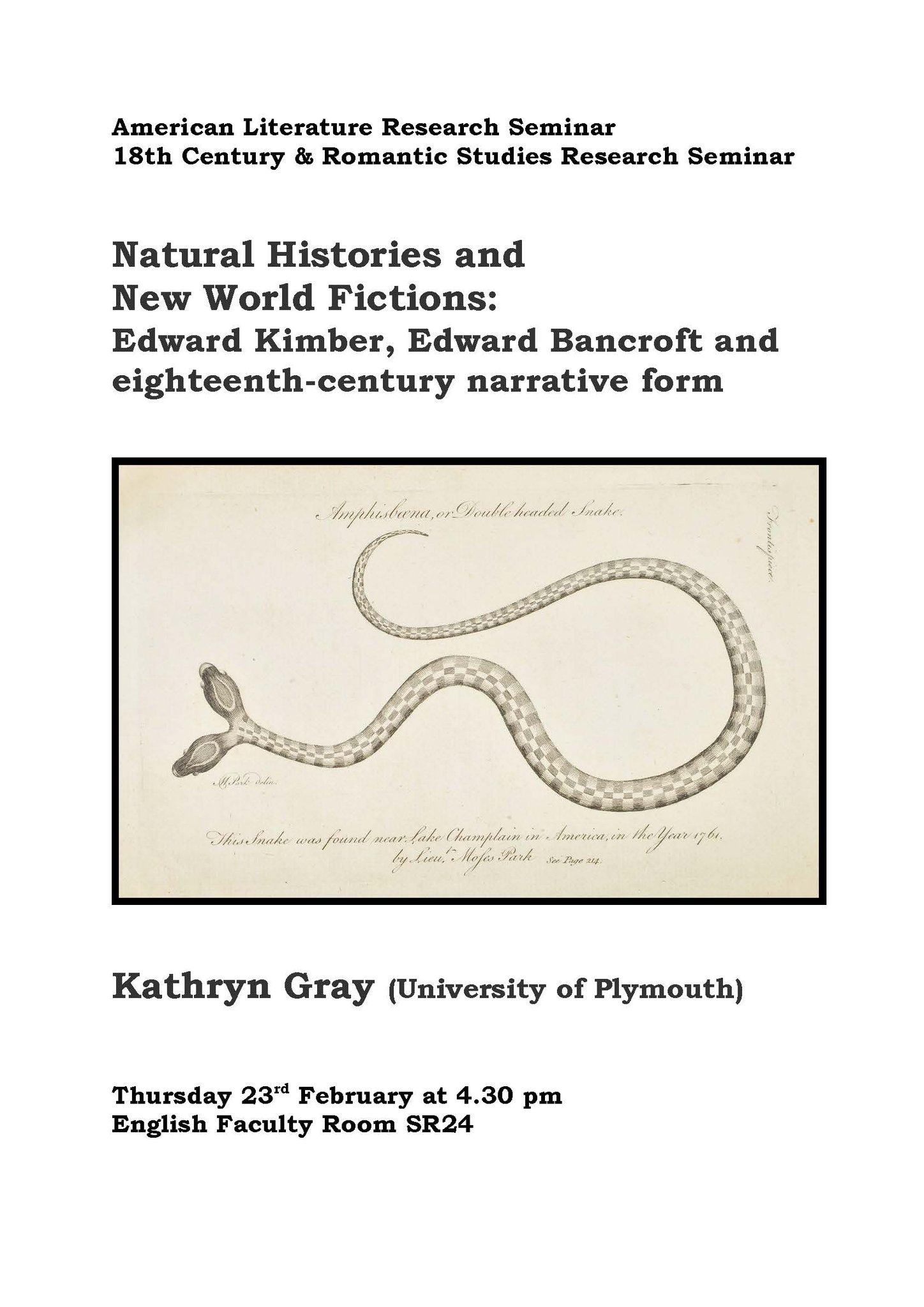May 30-31 2019 LSE/Royal Institution, London
Workshop organised as a collaboration between the Narrative Science Project and The Royal Institution.
Venue: The Royal Institution, Albemarle Street, London W1S 4BS. We anticipate starting at 10:00 (with coffee available from 09.30) on the 30th and ending by 17.30 on the 31st. Organised by Prof. Mary S. Morgan and Dr. Andrew Hopkins
The standard view of narrative is inextricably bound up with the passage of time. Narrative scholars are convinced that time is an essential element in any narrative, and it has been thought equally essential, though treated in different ways, by philosophers of history. But exactly how to think about time in the narratives of science is not self-evident. And if we look at how scientists use time in narratives, we see a number of different ways in which it is taken into account and is deployed. In this workshop, the focus will be on the different temporalities in narratives as they occur in scientific discourses. The obvious loci for such explorations are what are generally referred to as the historical sciences, that is, those that seek to reconstruct the past on the basis of what can be observed in the present. However, time and its narrative expression are to be found in a wide variety of places, some of which will be explored by the speakers at the workshop. Throughout the workshop, the question of how essential time is to narrative will remain open for argument.
We are grateful to the financial contributions and contributions in kind from the European Research Council and the Royal Institution. If you would like to express interest in attending please contact Dr Dominic Berry. The number of places is unfortunately limited, so please make sure to write to us sooner rather than later. The deadline for expression of interest is Friday May 17. We will notify those we are able to accommodate shortly thereafter.
Speakers and titles:
- Norton Wise (UCLA) - Faraday's lines of force and the temporality of serial narration
- John Beatty (UBC, Vancouver) - When you can't get there from here: The importance of temporal order in evolutionary biology and ecology
- Dorothea Debus (Universität Konstanz) - Memory, imagination and narrative
- Paula Olmos (Universidad Autónoma de Madrid) - Narratives in scientific argument and explanation
- Rosa Hardt (OPEN Scotland) - Narrative Understanding: Parts, Wholes, and Recombinable Systems
- William Matthews (LSE, London) - Time and ethnographic generalisation in anthropology: an example from Chinese divination
- John Huss (University of Akron, Ohio) - Mass extinction, narrative closure, and evidence
- Teru Miyake (NTU, Singapore) - Temporal detail and evidence in seismic source reconstruction
- Anne Teather (University of Manchester) - Stored and storied time in the Neolithic
- Elspeth Jajdelska (University of Strathclyde) - Do we always need a timeline? The roles of temporal sequence in art narratives and science narratives
- Thomas Bonnin (University of Exeter) - Explaining the origin of eukaryotic cells between narratives and mechanisms
- Tirthankar Roy (LSE, London) - Technological change in the Indian textile industry (title TBC)
- Daniel Pargman (KTH, Stockholm) - Using allohistorical narratives to envision alternative energy futures
- Andrew Hopkins (LSE, London) - Alfred Wegener's arguments for continental drift: A consillience of narrative explanations
